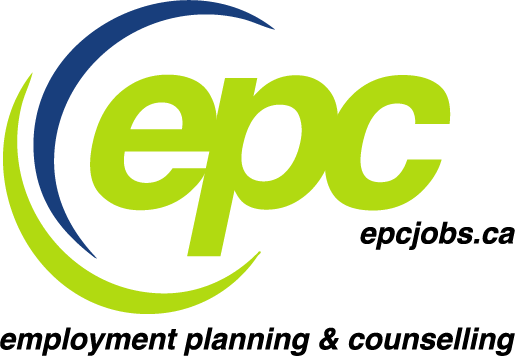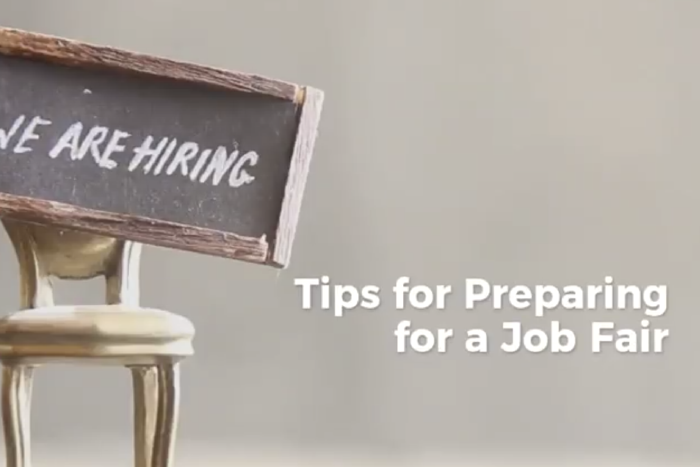The gig economy is not new, but it is gaining in popularity. The reasons for its growth according to a June 2018 US based Forbes article(1) are:
- There is a growing “education gap”.
- Attitudes toward work are changing.Workers want more freedom with their schedules, and work location.
- Employers are utilizing freelancers more often due to cost savings.
- Technology has advanced, and costs have come down making hardware, software and connectivity more affordable.








